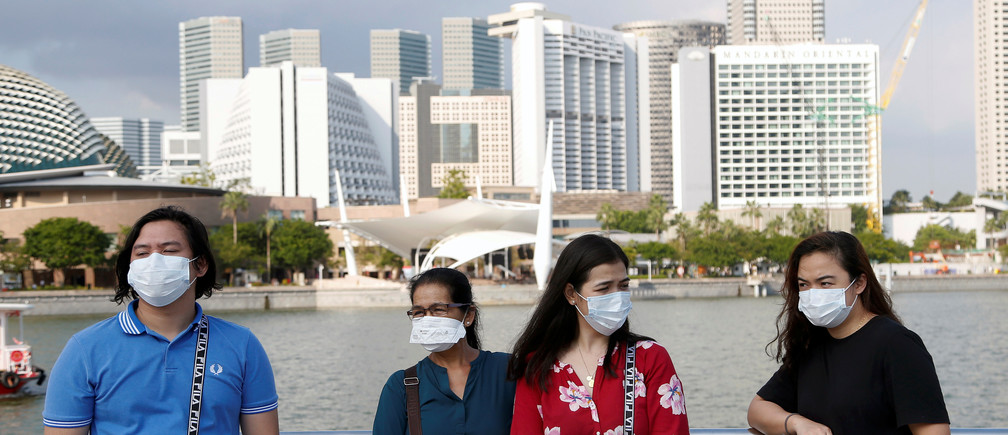Research & Studies


The summer issue of the quarterly journal of the Faculty of Economics of Széchenyi István University in Győr, (Tér – Gazdaság – Ember), carries an article on how the Asian island nation of Singapore had coped with the first phase of the coronavirus crisis. In the article, entitled “Singapore’s Institutional System and the Coronavirus Crisis” iASK researcher Anikó Magasházi explains why the mini-state with a highly advanced health care system registered just over 500 cases of COVID-19s without a single fatality in the first two months of the outbreak. However, as the article makes clear, the precise and disciplined set of measures had ignored the overcrowded workers’ dormitories, populated by low-skilled construction workers from developing countries, which then became the serious contagious focus. As a result, the number of infections rapidly grew to 48,000 until today. The mortality rate, however, still remains the lowest in the world. 
The article follows the developments until June 15th. In her July 14 radio interview on Trend FM, Anikó Magasházi discussed the latest developments in Hungarian)